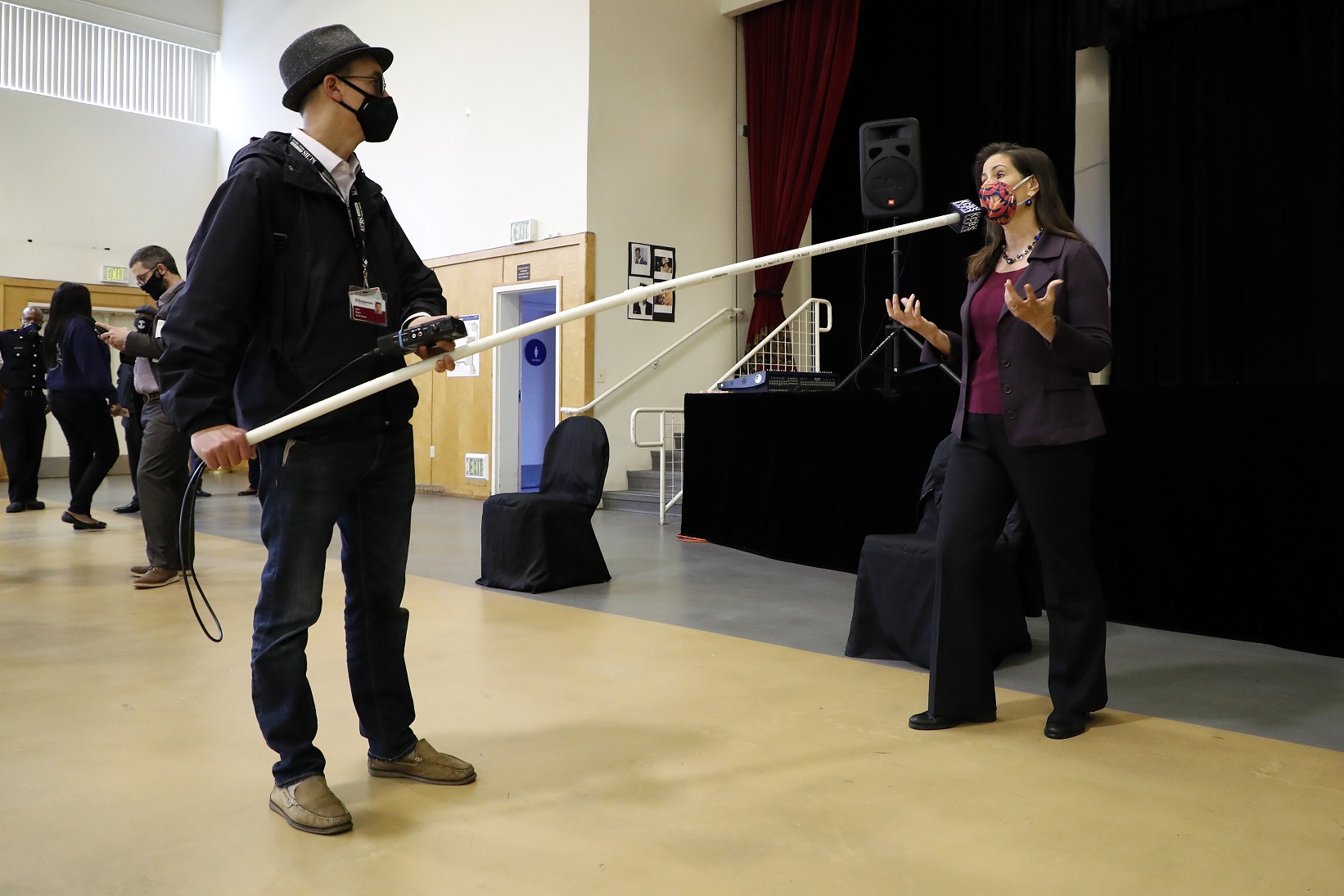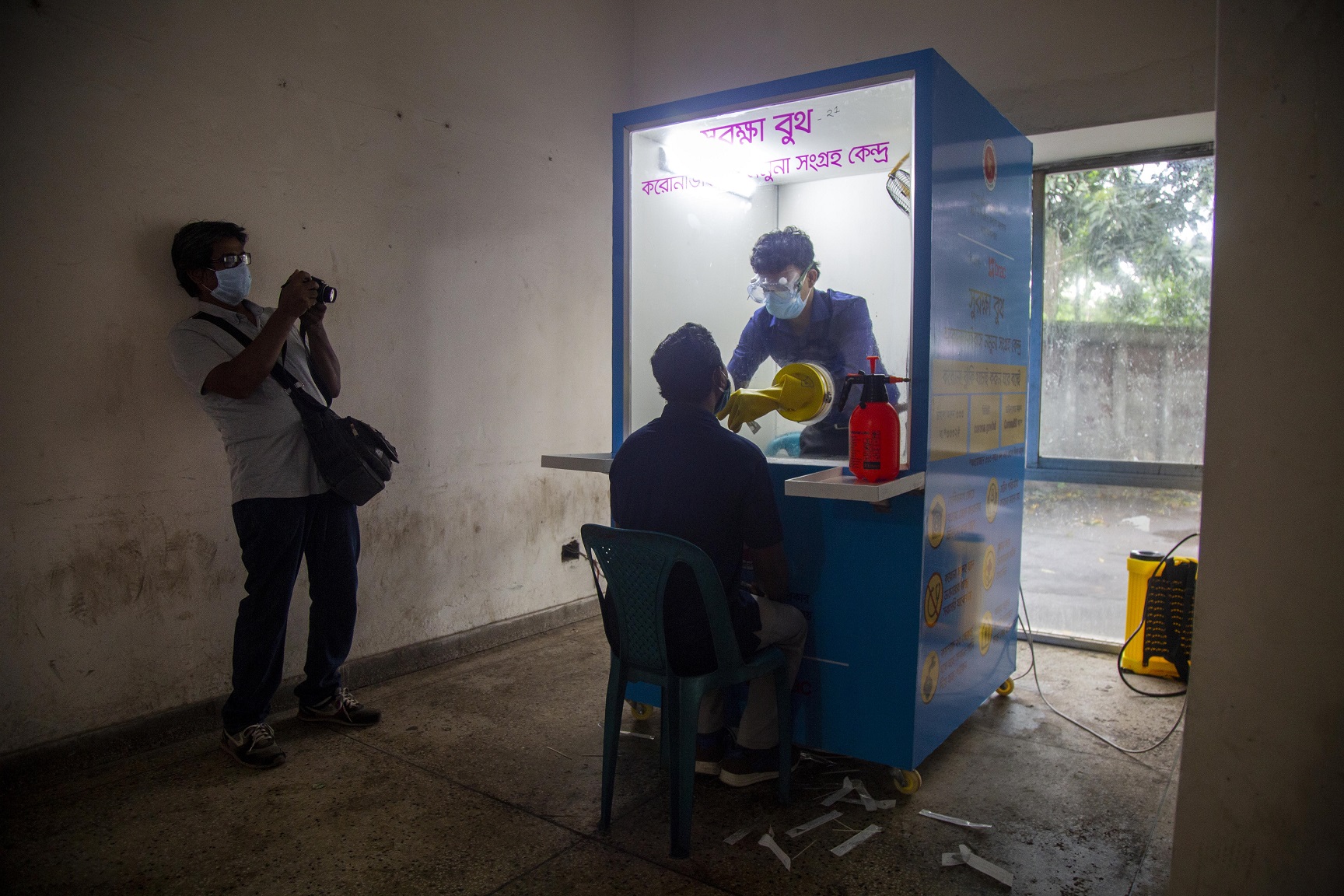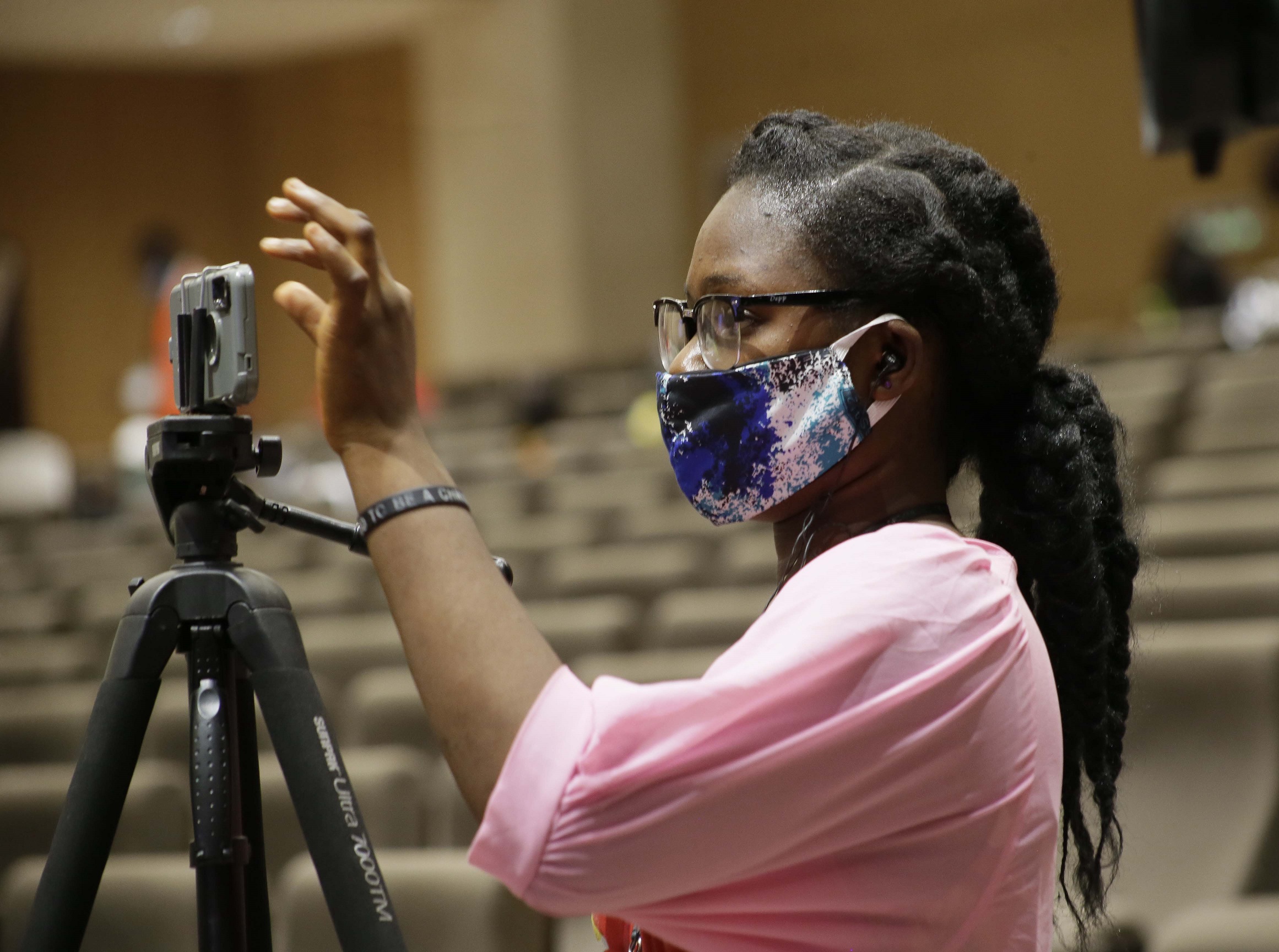* قراءة في تقرير المركز الدولي للصحفيين.
أصدر المركز الدولي للصحافة والصحفيين -ومقره العاصمة الأميركية واشنطن- يوم 13 أكتوبر/تشرين الأول 2020، تقريرا شاملا عن الآثار التي لحقت بالصحافة كمهنة ونشاط، وبممارسيها في مختلف وسائل الإعلام، جراء جائحة كورونا التي لم تستثن بلدا في العالم، ولم ينج من آثارها أي نشاط صغير أو كبير.
ويستند التقرير إلى نتائج استطلاع موسع قام به المركز الدولي للصحفيين بالتعاون مع مركز "تاو" للصحافة الرقمية في جامعة كولومبيا الأميركية. وأجري الاستطلاع في أبريل/نيسان الماضي ضمن ما يعرف بمشروع "الصحافة والجائحة"، وهو الأول من نوعه في العالم منذ بداية الأزمة أواخر العام الماضي.
ويرصد المشروع المذكور تأثيرات "كوفيد-19" على الصحافة والصحفيين في جميع أنحاء العالم، ويقدم ما يمكن تسميته بطرق التصدي لها، والمساعدة في وضع تصور لمستقبل المهنة.
يقول القائمون على المشروع إن أول 30 نتيجة من الاستطلاع الذي شمل 1400 صحفي ناطق باللغة الإنجليزية، ويعملون في 125 دولة، كانت مذهلة ومقلقة في آن واحد.
ويضيفون أنه في الوقت الذي يحتاج فيه الجمهور إلى الصحافة المستقلة الموثوقة للبقاء آمنين ومطلعين، يواجه الصحفيون والمؤسسات الإعلامية تأثيرات كورونا المتمثلة في أزمة الصحة العقلية، والمخاطر المالية، وتهديدات السلامة الجسدية، والتعدي على حرية الصحافة، كما يكافحون أيضا مستويات مخيفة من المعلومات المضللة المتعلقة بالوباء.
ويمكن تلخيص أبرز نتائج الاستطلاع في النقاط التالية:

معلومات خاطئة ومضللة
· أجاب 46% من المستطلعين أن السياسيين والمسؤولين المنتخبين كانوا المصدر الرئيسي للمعلومات الخاطئة والمضللة.
· قال 81% من المستطلعين إنهم يتلقون معلومات خاطئة ومضللة أسبوعيا على الأقل، بينما ذكر ربع هؤلاء أنهم يتلقونها أكثر من مرة في اليوم.
· وفيما يتعلق بأكثر منصات التواصل الاجتماعي مساهمة في نشر المعلومات المضللة والخاطئة، كانت إجابات المشاركين كالتالي:
- فيسبوك (66%).
- تويتر (42%).
- واتساب (35%).
- إنستغرام (11%).
- ماسنجر (9%).
قيود وتحديات
· قال نصف المستطلعين إن مصادرهم أعربوا عن مخاوفهم من الانتقام عقابا على تحدثهم إلى الصحفيين بشأن جائحة كورونا.
· ذكر 20% من المشاركين أن تجربتهم مع الإساءة عبر الإنترنت والتحرش والتهديد، كانت أسوأ بكثير مما هو معتاد.
· أجاب 10% بأنهم تعرضوا للإساءة العلنية من قبل سياسي أو مسؤول منتخب خلال فترة الاستطلاع. كما أشاروا إلى وجود قيود كبيرة على الصحافة، بما فيها الرقابة المرتبطة بالدولة والمضايقات القانونية.
· 30% من المستطلعين أبرزوا أن مؤسساتهم الإعلامية لم تزودهم ولو بقطعة واحدة من معدات الحماية أثناء الموجة الأولى للجائحة.
· 70% من المستطلعين اعتبروا أن تحديهم الأكبر يتمثل في الآثار المترتبة على الصحة العقلية بسبب تغطية الجائحة. وأشار 82% إلى وجود رد فعل عاطفي أو نفسي سلبي واحد على الأقل جراء الجائحة.
خسائر وإجراءات تقشف
· صرح 17% من المشاركين المطلعين على الخسائر المالية في مؤسساتهم الإعلامية بأن إيراداتها انخفضت بأكثر من 75% منذ بداية الجائحة، بينما ذكر 43% أن الإيرادات انخفضت إلى أكثر من النصف.
· أجاب 89% من المستطلعين أن مؤسساتهم الإعلامية اتبعت إجراءات تقشف على صلة بالجائحة، مثل: إنهاء عقود العاملين، وتخفيض الرواتب، وإغلاق منافذ البيع.
· اعتبر 76% من المستجوبين أن الحاجة الأكثر إلحاحا في الوقت الراهن هي التمويل اللازم لتغطية التكاليف، بما في ذلك رواتب العاملين، بينما اعتبر 67% أن التدريب على تقنيات العمل الصحفي عن بعد هو الأكثر أهمية.
· رأى 67% أن ثمة ضرورة للمزيد من التدريب على تقنيات التحقق من الأخبار الزائفة والمعلومات المضللة، وطالب 66% بأن يشمل التدريب تقنيات إعداد التقارير الصحفية الطبية والعلمية.

أخبار سارة
· قال 43% من المستطلعين إنهم لاحظوا زيادة ثقة الجمهور فيما يقدمونه من عمل، أو في مؤسساتهم الإعلامية خلال الموجة الأولى للجائحة.
· أعرب 61% عن ازدياد مستوى التزامهم بالعمل الإعلامي نتيجة للجائحة.
· قال 38% من المستجوبين إنهم لاحظوا زيادة في المشاركة والتفاعل الإيجابي من قبل الجمهور أثناء الجائحة.
مزيد من التقارير
يقول أصحاب "مشروع الوباء والجائحة" الممتد على مدار العام إن ثمة تقارير أخرى سترى النور في الأشهر المقبلة بالاعتماد على استطلاعات ستجرى هذه المرة بست لغات أخرى، وستسعى للإجابة على الأسئلة التالية:
- ما التغييرات التي تفرضها الجائحة على مهنة وصناعة الصحافة؟
- ما التهديدات التي تواجهها حرية الإعلام وسلامة العمل الصحفي مع ظهور "كوفيد-19"؟ وكيف تستجيب لها المؤسسات الإعلامية والعاملون فيها؟
- كيف يتعايش الصحفيون مع سيل المعلومات المضللة والخاطئة المصاحب للجائحة؟ وما الذي يفعلونه في سبيل مواجهته؟
رابط التقرير:
https://www.icfj.org/our-work/journalism-and-pandemic-survey








































